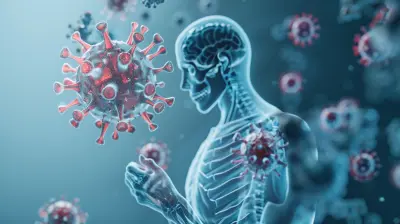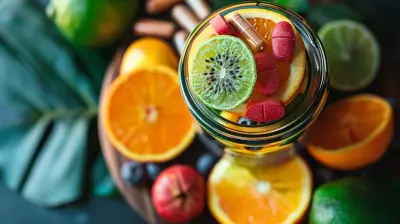The Importance of Sleep When on the Keto Diet
20 July 2025
If you're on the keto diet and not paying attention to your sleep, you might be missing a major piece of the puzzle. You’ve nailed the low-carb, high-fat eating. The keto snacks? On point. But are you tossing and turning at night? Struggling with grogginess even though you’re hitting your macros? Let’s dive into why getting quality Zzz’s is just as crucial as getting into ketosis.
Yep, sleep isn’t just for lazy Sundays—it’s a power tool for your body, especially when you're fueling it with fat.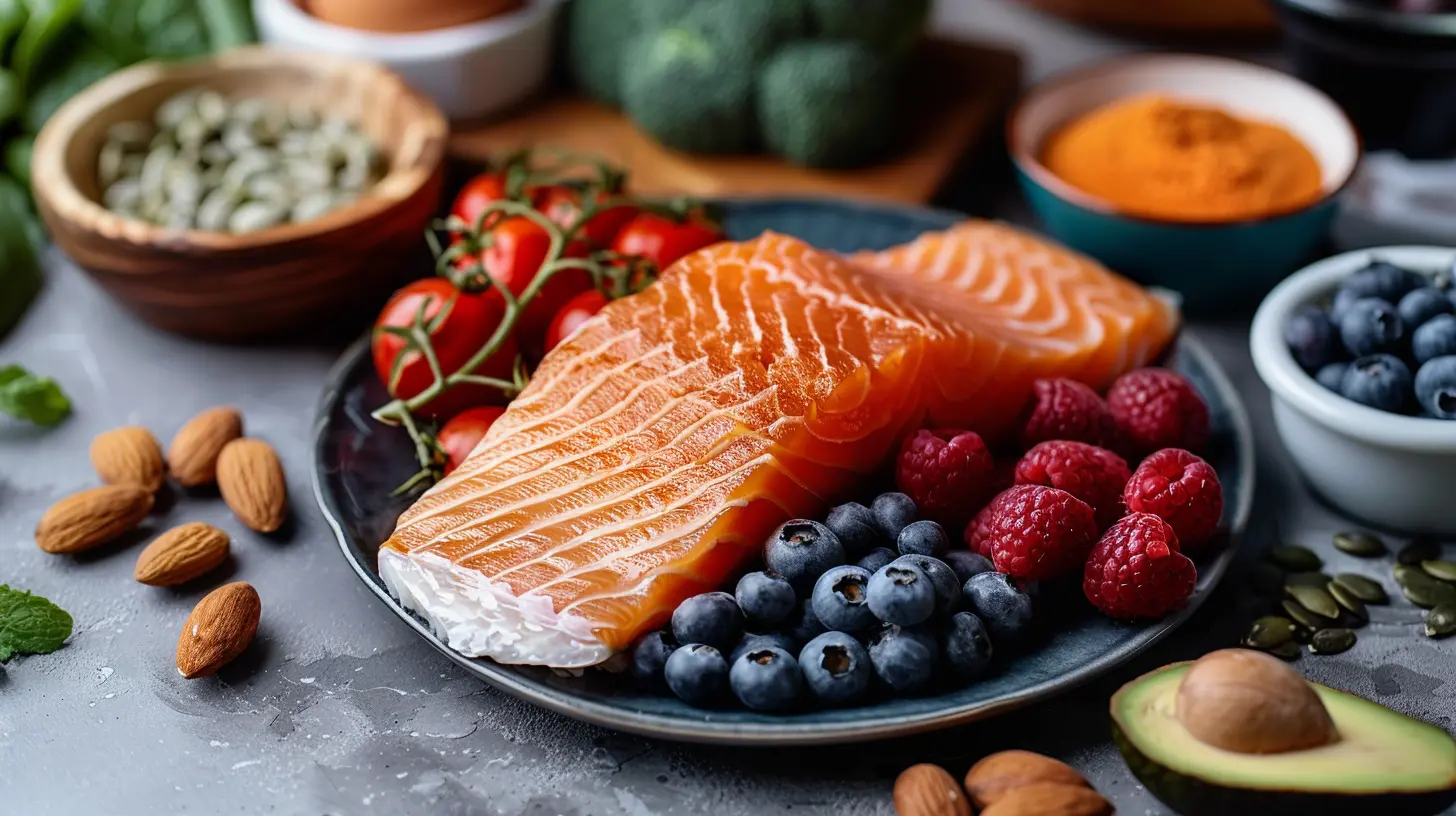
What Happens to Your Body on Keto?
Before we jump into the sleep side of things, let’s have a quick refresher on what your body’s doing on keto.When you switch from carb-fueled to fat-fueled (hello, bacon and avocados), your body enters a metabolic state called ketosis. That’s where it starts burning fat for fuel instead of glucose. It’s like switching your car from gas to electric—it runs cleaner and longer, but it needs time to adjust.
The benefits? Think weight loss, mental clarity, reduced blood sugar, and more consistent energy levels. Sounds amazing, right?
But here’s the kicker: keto is a big change for your system, and your body has to adapt. And that adaptation can totally mess with your sleep—especially in the beginning.
Why Sleep is a Non-Negotiable on the Keto Diet
We all know sleep is important. But on keto? It’s a game-changer.Think of your body like a smartphone. Sleep is your nightly recharge. No matter how advanced your apps (or keto macros) are, if the phone isn't charged, it’s useless. Sleep helps the body heal, balance hormones, and regulate metabolism—all of which are super critical on keto.
Let’s break it down.
1. Hormones Go Haywire Without Sleep
Keto already triggers a shift in hormones, particularly insulin, cortisol, ghrelin, and leptin.- Ghrelin (the “I’m hungry” hormone) and leptin (the “I’m full” hormone) regulate your appetite.
- Lack of sleep throws both off balance. You end up feeling hungrier and less satisfied.
That’s a disaster when you’re trying to stay in ketosis because those cravings? They often scream “CARBS!”
Sleep also directly affects cortisol, your stress hormone. When cortisol’s high, it can kick you out of ketosis. Plus, sleep deprivation raises insulin resistance, which can stall your fat-burning process. Yeah, not fun.
2. Sleep Impacts Keto Flu Recovery
Ever heard of the keto flu?It’s that lovely set of symptoms (headaches, fatigue, brain fog, mood swings) that can hit you in the early days of keto. Why? Your body’s detoxing from carbs like you’re breaking up with sugar. It’s rough.
Good sleep acts like the ultimate recovery team—repairing cells, flushing out toxins, and helping your brain reset. The better you sleep, the faster you bounce back from keto flu.
3. Sleep Helps Regulate Blood Sugar Naturally
Even though keto keeps your blood sugar low, bad sleep can still mess with your blood sugar levels.Studies show that even just one night of poor sleep increases insulin resistance. That means your body becomes less responsive to insulin and can spike glucose levels—yes, even on keto.
And guess what? Poor blood sugar control means your body keeps craving quick energy. Cue the urge to reach for that sugary snack, which completely defeats the purpose of keto.
4. Your Workouts Depend on Rest, Too
Chances are, if you’re on keto, you’re probably focused on fitness too. (Gotta tone that keto bod!)But here’s the truth bomb: muscles don’t grow in the gym—they grow when you sleep. Your body needs recovery time to repair the tiny tears in your muscle fibers from resistance training.
No sleep = no gain. Literally.
Also, sleep boosts human growth hormone (HGH) which is crucial for muscle repair and fat burning—especially on keto, where muscle maintenance matters big time.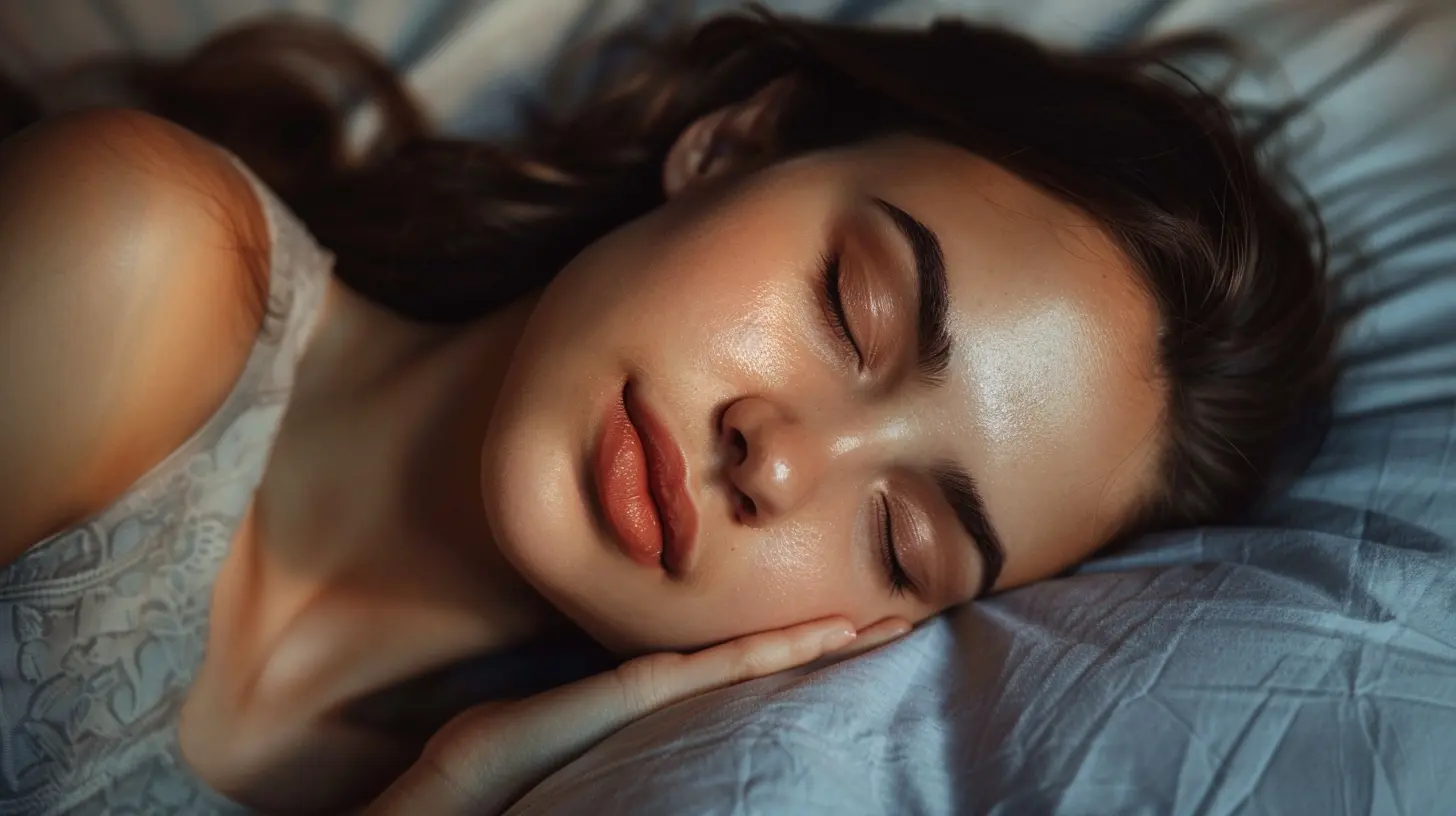
What Happens to Sleep When You Start Keto?
Ok, so we know sleep is important. But why is it often the first thing to get messed up when you start keto?Let’s talk about why keto can disrupt your sleep, especially in the beginning:
1. Electrolyte Imbalances
Carbs hold onto water. So when you ditch carbs, your body flushes out a ton of sodium, magnesium, and potassium. These electrolytes are important for nervous system function and muscle relaxation.Low electrolytes = leg cramps, dehydration, and—you guessed it—difficulty sleeping.
Pro tip? Add some Himalayan salt to your water or sip on some bone broth. You’ll thank me later.
2. Increased Energy (At the Wrong Time)
Once you’re deep into ketosis, your body gets really efficient at creating ketones, which some people say give them superhuman energy.Problem is, that energy doesn’t always shut off at night. If your body hasn't figured out how to regulate energy production yet, it can leave you buzzing at bedtime.
3. Blood Sugar Swings During Adaptation
Even though keto stabilizes blood sugar long term, during the first few days or weeks, your body’s trying to figure out where to get energy without carbs. That can cause overnight blood sugar dips that wake you up.Ever suddenly snap awake at 2 AM feeling wired? Yup, that might be it.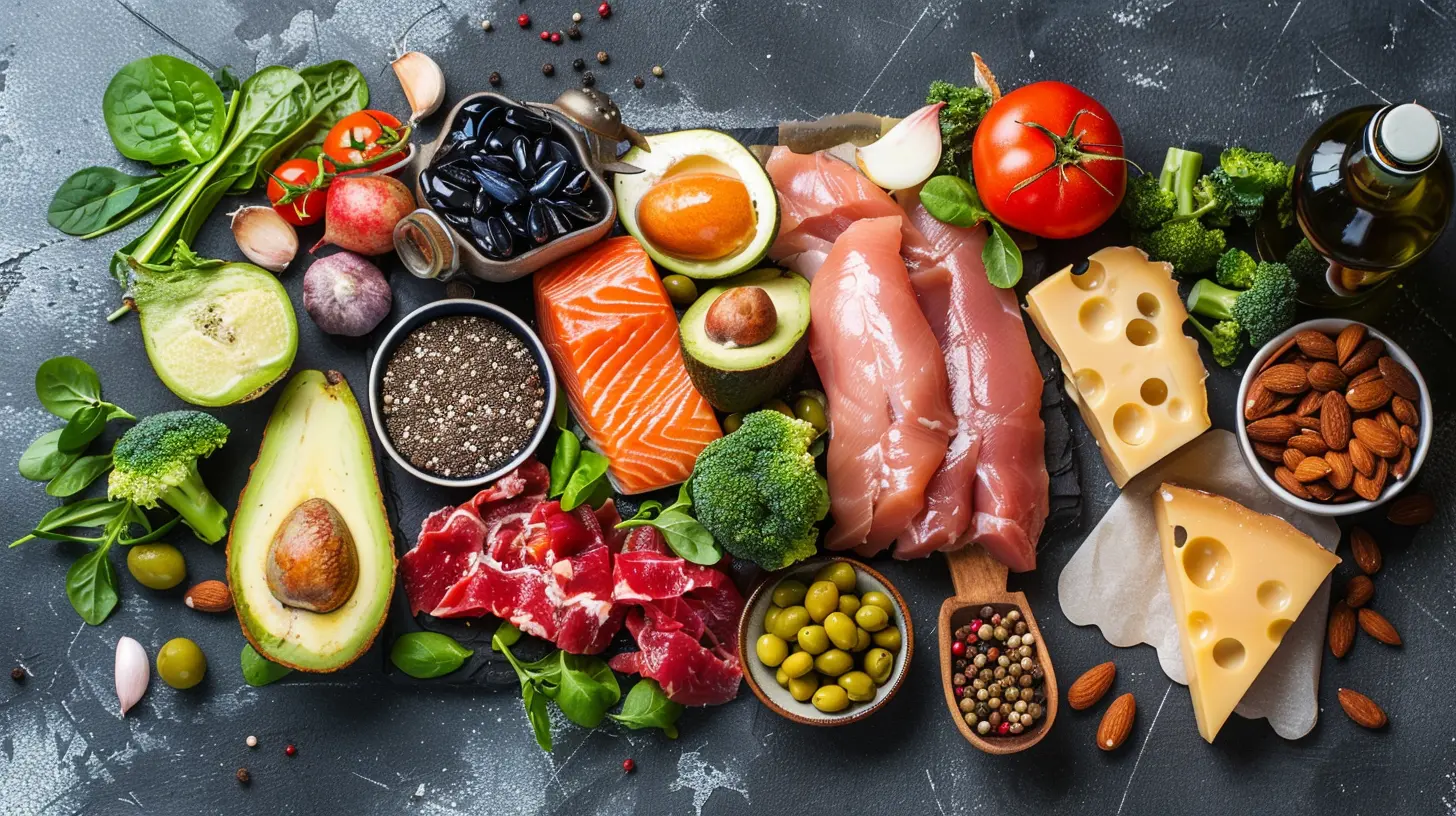
How to Improve Sleep Quality While on Keto
Okay, so you're on keto and you want to sleep like a baby. Totally doable. Here's how to biohack your bedtime for better sleep on keto.1. Prioritize Electrolytes
Magnesium, potassium, and sodium are your keto BFFs. They help calm the nervous system, prevent restless legs, and stabilize energy.- Take 200–400 mg of magnesium glycinate before bed.
- Sprinkle salt on your meals (don’t fear it!)
- Snack on avocado or spinach for potassium.
Trust me—getting these in check can be a total game-changer for sleep.
2. Optimize Your Eating Window
Ever try to sleep with a full belly? Doesn’t work.Try finishing your last meal at least 2–3 hours before bed. This gives your body time to digest and shift into rest mode.
Also, avoid heavy protein meals late in the evening. Protein takes longer to digest and may keep you up. If you need a snack, try something high in fat like a spoonful of almond butter or some walnuts.
3. Limit Caffeine (Yes, Even on Keto)
That keto coffee with butter and MCT oil? Delicious. Energizing. But not after 2 PM, okay?Caffeine hangs out in your system for 6–8 hours, and even if you can fall asleep, it can mess with deep sleep quality.
4. Create a Sleep Ritual
Your body loves routine. Set a bedtime, dim the lights, and ditch the phone. Melatonin (your sleep hormone) loves the dark.Want a keto-friendly wind-down drink? Try herbal tea or golden milk with turmeric and almond milk.
5. Supplement Wisely
- Magnesium glycinate: promotes relaxation.- L-theanine: calms the mind (especially helpful if you’re feeling “buzzed” on keto).
- 5-HTP or melatonin: for occasional use when your sleep cycle needs a nudge.
Always talk to a healthcare provider before starting anything new, especially if you’re on medication.
Real Talk: Can You Lose Weight on Keto Without Enough Sleep?
Technically? Yes. But you’ll be making it WAY harder for yourself.Sleep deprivation increases cravings, slows metabolism, messes with memory, and tanks your immune system. Keto is powerful, but it’s not magic.
Think of it this way: trying to lose weight on keto with bad sleep is like trying to drive a Ferrari with the parking brake on.
Take the brake off, and let your body do its thing.
Final Thoughts: Sleep is the Secret Weapon of Successful Ketosis
Sleep and keto go hand in hand. Just like you wouldn’t skip your daily macros or your water intake, don’t sleep on... well, sleep.Need a little motivation to prioritize it?
Here’s your friendly reminder: deep, restorative sleep is free, powerful, and insanely underrated. While keto gets your metabolism running efficiently, sleep fine-tunes the whole system.
Fuel your body with fats. Fuel your mind with rest. And let the magic of keto (and sleep!) do its thing.
So tonight, don’t just scroll through keto recipes or obsess over blood ketone levels. Shut down your devices, sip some tea, and get to bed. Your body—and your results—will thank you.
all images in this post were generated using AI tools
Category:
Keto DietAuthor:

Arthur McKeever
Discussion
rate this article
1 comments
Greyson Patterson
Sleep is vital for keto success; prioritize your rest for best results.
July 25, 2025 at 4:09 AM

Arthur McKeever
Absolutely! Quality sleep enhances metabolic health and supports weight loss, making it essential for keto success. Prioritizing rest can help optimize your results.

